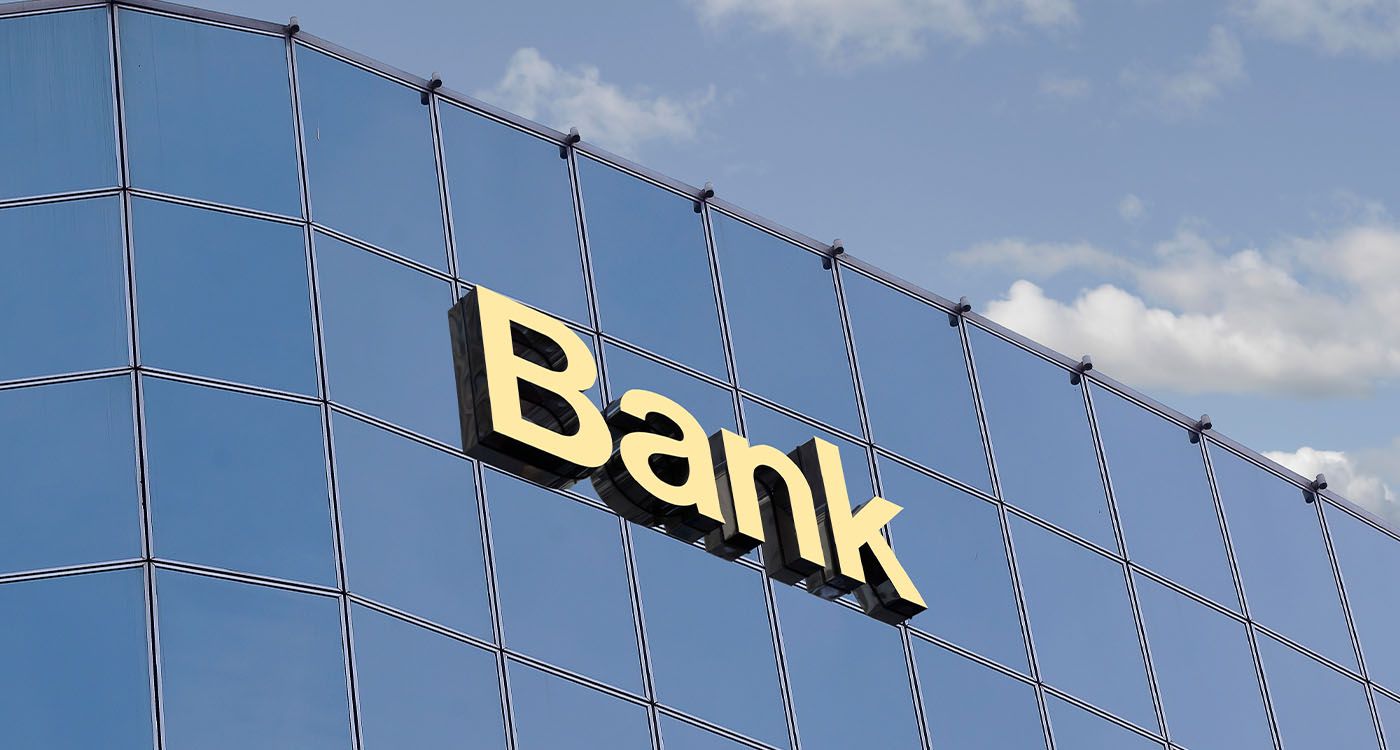
Most members of the Finance and Budget Committee’s subcommittee tasked with reviewing the draft Banking Reform Law agree on the need to protect the legislative reform process from both endless debate and political divisions, which could undermine the urgent financial restructuring Lebanon requires domestically and internationally. Participants stressed that the government must swiftly refer the Financial Regularization Law to Parliament. This law, which focuses on recovering deposits and assigning responsibilities, is legally and operationally linked to the Banking Reform Law, as reflected in several provisions, particularly Article 36, which helps quantify the financial gap while advancing sector restructuring.
Nonetheless, significant divisions have emerged within the committee, especially between government representatives and the Governor of Banque du Liban (BDL), Karim Souhaid, over the composition and powers of the Higher Banking Commission.
Discussions revealed efforts by figures close to Prime Minister Nawaf Salam, Economy Minister Amer Bisat and Finance Minister Yassine Jaber to fast-track the draft law’s adoption in Parliament before essential amendments are completed, arguing that the international community and the International Monetary Fund (IMF) are awaiting this legislation as a prerequisite for releasing aid.
This push continues despite Minister Jaber’s clear understanding that the current draft does not meet the necessary standards, whether in terms of institutional structure, legal formulation or the balance of powers among authorities. Souhaid and several MPs voiced substantial legal objections, with Souhaid linking all his reservations to the Code of Money and Credit. He considers this framework a red line that must not be breached; otherwise, no banking reform law can proceed.
The draft Banking Reform Law envisions establishing a Higher Banking Commission empowered to decide on the liquidation, merger or rehabilitation of banks based on independent assessments of their status. Souhaid rejected the government’s proposal outright, viewing it as an infringement on the BDL’s prerogatives through the Commission’s extensive powers and appointment process.
Accordingly, Souhaid presented a counterproposal amending the government’s draft, particularly regarding the composition and powers of this body. He emphasized the need to guarantee the independence of both BDL and the Higher Commission from the government’s political interference and undue influence from the banking sector itself.
This proposal was not welcomed by the Prime Minister’s team. It calls for creating an authority separate from the Higher Banking Commission, whose experts would not be appointed by either the government or banking representatives, since it would be responsible for critical decisions on banks’ status. The body’s main mandate would be to protect the banking sector from any future systemic crises by continually assessing banks’ conditions. Souhaid also insists on explicitly defining the obligations and powers of the Higher Banking Commission’s members.
Under his proposal, the Higher Banking Commission established by Law No. 28 of May 9, 1967, would serve as the competent body for deciding whether a bank should undergo rehabilitation or liquidation once the financial and banking crisis that began in 2019 has ended, provided no other systemic or currency crisis exists. Its authority would be strictly limited to addressing the situation of a single failing bank in line with the law’s provisions.
Beyond its existing statutory powers, the Commission would also assume new restructuring responsibilities set out in Souhaid’s proposal. The law governing the Commission would be amended to replace the member appointed upon the recommendation of the Association of Banks to the Banking Control with the Commission’s Chair.
Souhaid has repeatedly emphasized in committee meetings that the law currently under review – and any other current or future legislation concerning financial balance or the allocation of financial responsibilities – can be proposed by the Cabinet and passed by Parliament. However, in accordance with Articles 71 and 72 of the Code of Money and Credit, BDL’s role is limited to providing opinions, advice and guidance, with the sole objective of ensuring that any new laws are effective and compatible with the existing regulatory framework.
In earlier subcommittee sessions, members agreed on definitions for liquidation procedures, net asset valuation, obligations to bank employees and the concept of a single depositor. They also revised Article 2 of the draft and amended Article 3 to enshrine BDL’s independence, reaffirm its role in maintaining financial and monetary stability, and to protect deposits throughout any restructuring or liquidation process, in line with Article 70 of the Code of Money and Credit.



Comments